




Welcome Letter
The State of the Church
The Timeless Call of Christ
The Spiritual Need: Durham & Chapel Hill By the Numbers
Our Mission, Vision & Core Values
Our ‘Missional Four Corners’
What is Anglicanism?
The Need & Ways to Give
Contact Information:
Website: cornerstonedch.org
Mailing Address: P.O. Box 51133, Durham, NC 27717
Phone Number: (704) 488-6749
Email Address: matt@cornerstonedch.org
Social: @cornerstonedch (Instagram)

Dear Friends,
I am thrilled to share with you about the call that MaryMac and I have received to plant Cornerstone Anglican Church for Durham and Chapel Hill. I’m humbled that you would take the time to allow me to share with you - thank you!
As we prayerfully discerned this call, two truths were profoundly and repeatedly impressed upon me:
One, that God dearly loves His Church. He envisioned her from before time, He established her through Christ’s shed blood, and His Word promises that even the gates of hell shall not prevail against her. The Church is Christ’s body (1 Cor 12:1227), Christ’s radiant bride (Rev 19:1-10), and a spiritual Temple where God Himself dwells by the Spirit (Eph 2:19-22).
Two, the need for biblical, missional, highly relational local churches in our day is great. As you’ll read, we are currently living through a historic sea change: millions are falling away from the life of the Church. Simultaneously, Durham and Chapel Hill are experiencing explosive population growth. The convergence of these two trends - “the Great Dechurching” and an influx of new residents to our area year after yearhas shaped our sense of call and our planting vision.
We dream that Cornerstone will reach the churched, the unchurched, and the dechurched alike; that believers will be built up in the faith, and that seekers and skeptics will find rest for their weary souls in Jesus Christ; that the newcomer will find life-giving community, and that those already rich in community will be called into servant-leadership, pouring out their lives for Christ and for others.
I pray that this dream might resonate with you too, and that you would prayerfully consider helping us to make this hope a reality for Durham and Chapel Hill, for Christ and His glory.
In Him,
Rev. Matt Hoehn

Published in 2023, The Great Dechurching by Jim Davis, Michael Graham, and Ryan P. Burge presents the findings of the largest nationwide, quantitative study to date of who’s leaving the church, why they are leaving, and what it will take to bring them back. The findings are quite staggering:
• “As a nation, we’re currently experiencing the largest and fastest religious shift in the history of the United States.”
• About 40 million American adults today (16 percent) used to attend church at least once/month, but now attend less than once/year. These 40 million are “the dechurched.”
• “This isn’t a gradual shift; it’s a jolting one… more people have left the church in (the last 25 years) than all the new people who became Christians from the First Great Awakening, Second Great Awakening, and all Billy Graham crusades combined.”
• For the first time in the eight decades that Gallup has tracked American religious membership, more adults in the United States today do not belong to a local church, than do belong to a local church.
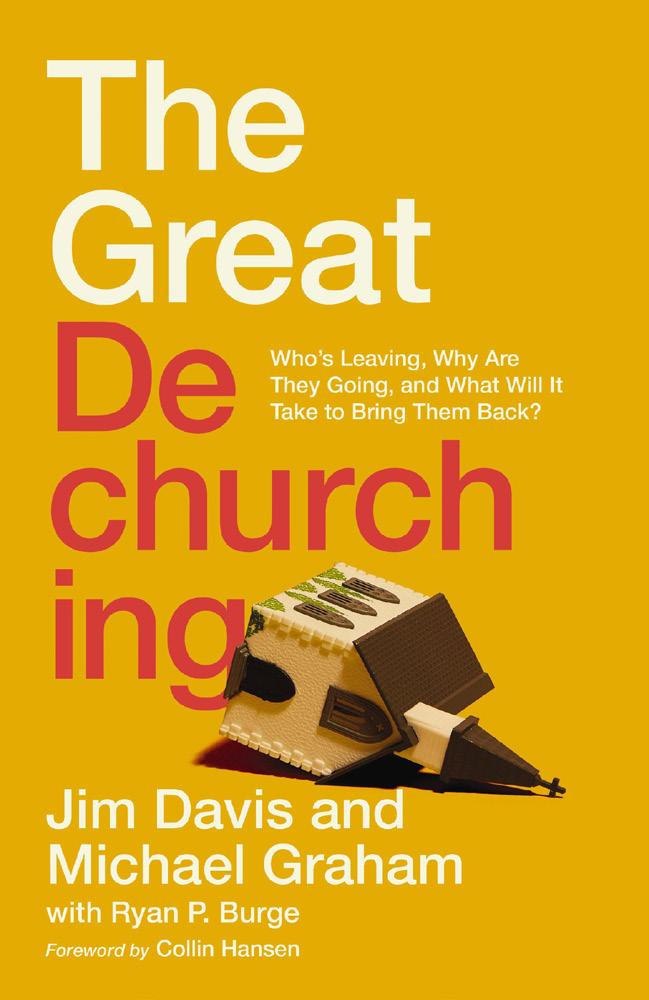
• The Silver Lining: “When surveyed, around 51 percent of dechurched evangelicals said they were either somewhat willing or very willing to go back to church…”
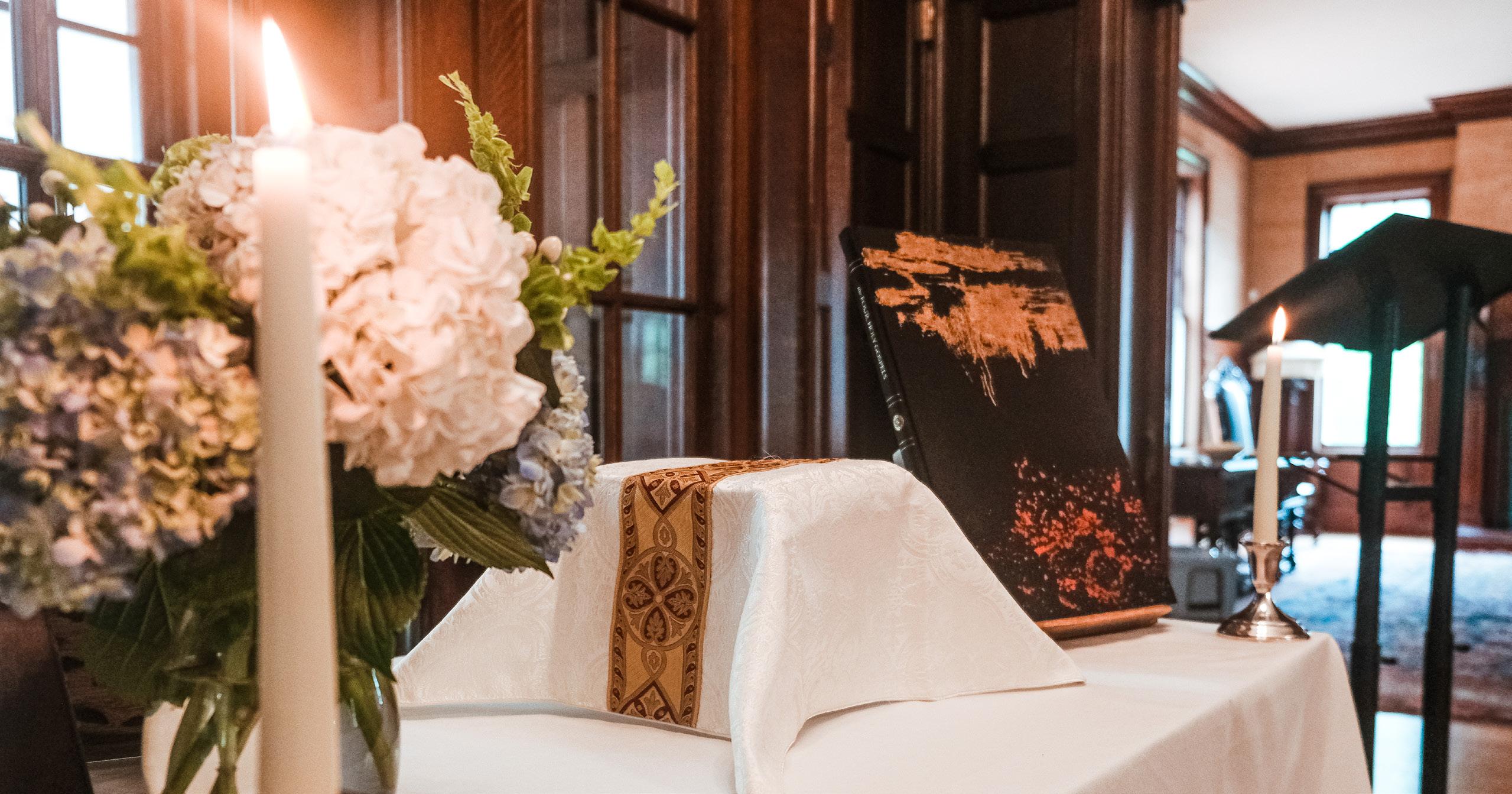
How are we to faithfully respond to “The Great Dechurching?” Pastor Tim Keller wrote the following in an article titled Why Plant Churches:
• “The vigorous, continual planting of new churches is the single most crucial strategy for (1) the numerical growth of the body of Christ in a city and (2) the continual corporate renewal and revival of the existing churches in a city. Nothing else - not crusades, outreach programs, parachurch ministries, or growing megachurches, will have the consistent impact of dynamic, extensive church planting. This is an eyebrow-raising statement but to those who have done any study at all, it is not even controversial.”
• “Jesus’ essential call was to plant churches… Paul’s whole strategy was to plant urban churches…Virtually all of the great evangelistic challenges of the New Testament are basically calls to plant churches, not simply to share the faith.”
• “New churches best reach new generations, new residents, and new people groups… New churches best reach the unchurched - period.”
• “Church attendance and adherence overall in the United States are in decline. This cannot be reversed in any other way…We must plant churches.”
18 And Jesus came and said to them, “All authority in heaven and on earth has been given to me. 19 Go therefore and make disciples of all nations, baptizing them in the name of the Father and of the Son and of the Holy Spirit, 20 teaching them to observe all that I have commanded you. And behold, I am with you always, to the end of the age.”
-Jesus in the Great Commission (Matthew 28:18-20)
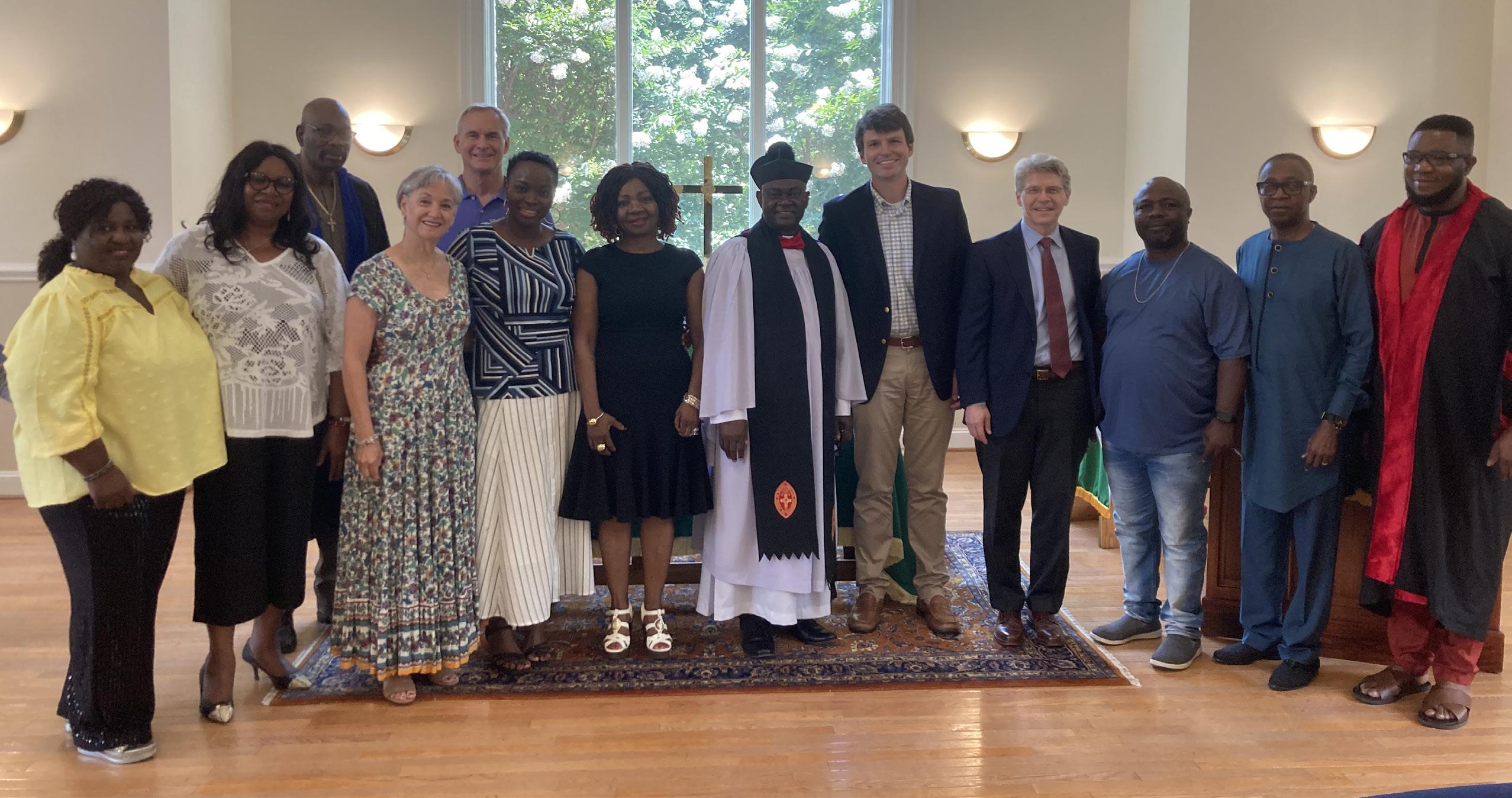
Source: Keller, Timothy J. Why Plant Churches? Published 5/20/2009. Accessible at: https://gospelinlife.com/manual-paper/why-plant-churches/
MaryMac and I (Matt) have each spent 15+ years of our respective lives in Durham-Chapel Hill. The area is growing in unprecedented ways, and the need for vibrant Gospel-centered local churches is great. Consider the following:

13 / 381
Between 2016-2021, Durham-Chapel Hill was the 13th fastest growing metro out of 381 in the United States, ranking in the top 4%
Source: U.S. Census Bureau’s American Community Survey
6x
Between 2016-2021, Durham-Chapel Hill’s rate of growth was 6x that of general American population growth
2x
Officials with the Durham City Planning Department forecast that the population of Durham will “more than double in the next 25 years.”
3,800
Over 3,800 apartment units are currently in planning or active development in downtown Durham
Source: Axios article, 7/19/23

33 vs. 39 74,043
The number of college students within a 20-minute commute of Cornerstone across 4 campuses (UNC, Duke, NC Central, Durham Technical Community College)
The median age of residents of Durham/Chapel Hill (33) is six years younger than the median age of residents of North Carolina (39). We are uniquely positioned to reach the rising generations for Christ

Our Mission
Cornerstone exists to proclaim the good news of Jesus Christ and to participate in the redemptive work of God’s Kingdom, by the power of the Holy Spirit.
Our Vision
We long to see God’s people equipped for the work of ministry in the Church, their callings, and the world, in anticipation of a Gospel renewal movement in Durham and Chapel Hill.
Our Core Values
Speak the Truth in Love
(Ephesians 4:15)
Grow in Gospel Humility
(Ephesians 4:15)
Build Multigenerational Community
(1 Corinthians 12:12-27)
Rejoice in Hope
(Romans 5:1-5)
Root Ourselves in the Global & Historic Church
(1 Thessalonians 1:6-8)
Former UNC Coach Dean Smith famously trademarked ‘the Four Corners Offense.’ This system spaced four players out to the four corners of the court, placing the most skilled player in the center of them. This center player was the key to success: he initiated the offense, facilitated the ball movement, and led the scoring.
Borrowing the analogy, Jesus Christ is at the heart and center of Cornerstone, shaping every aspect of our life together. He has called us into existence, and He directs the “ball movement” of our mission to reach Durham and Chapel Hill with the good news of the Gospel.
With Christ at the center, and in keeping with our core value of building multigenerational community, here are “four corners” (missional audiences) that we seek to reach and to draw into the life of Cornerstone.
(undergrads, grad/ professional students, faculty & staff)
(parents and children of all ages and stages)
(20s-30s)
(truth-seekers who are curious to explore the Christian faith)
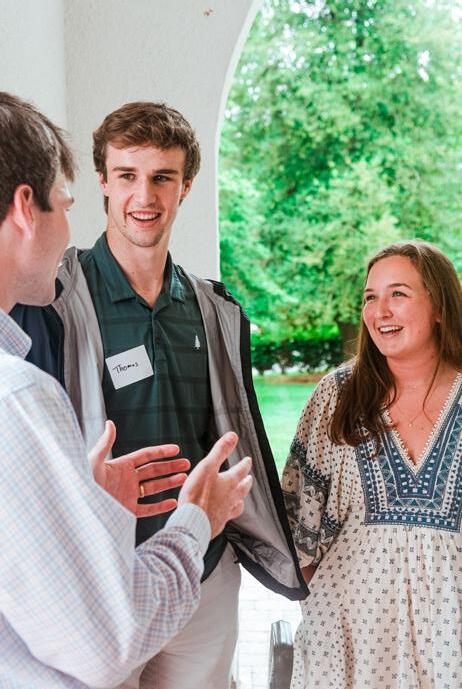
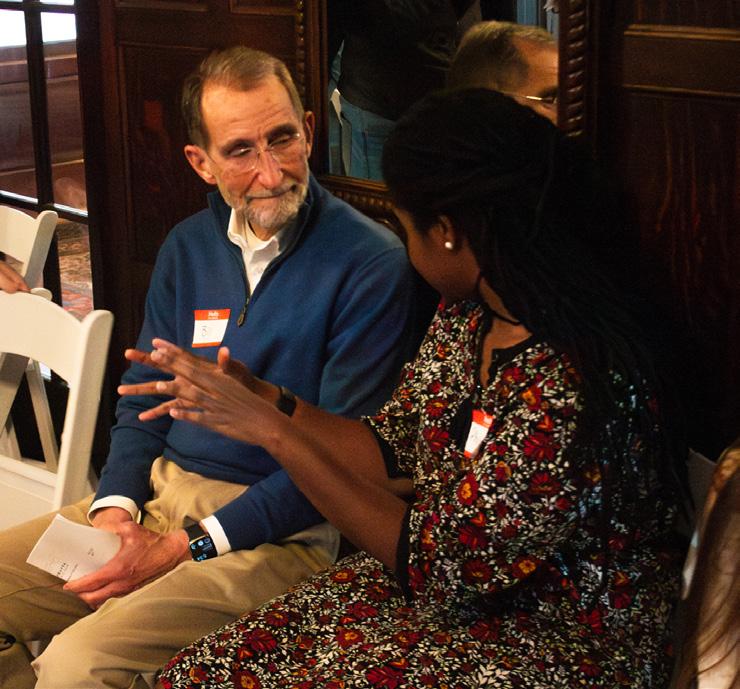
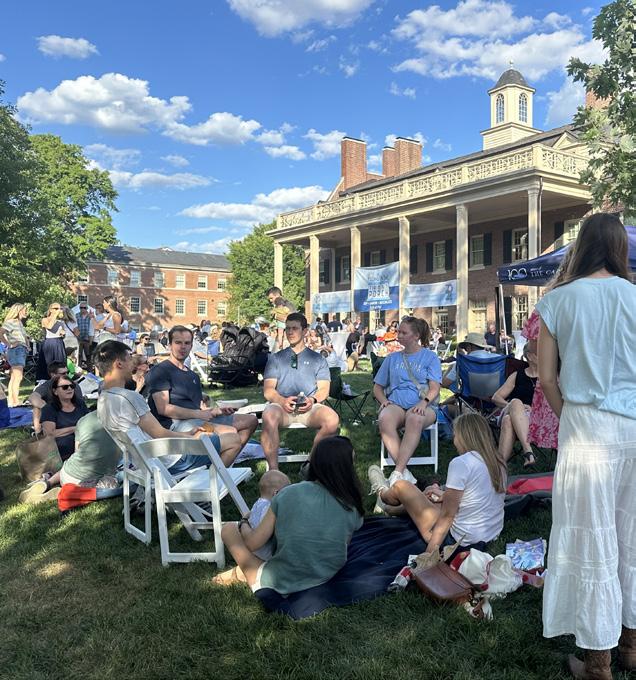
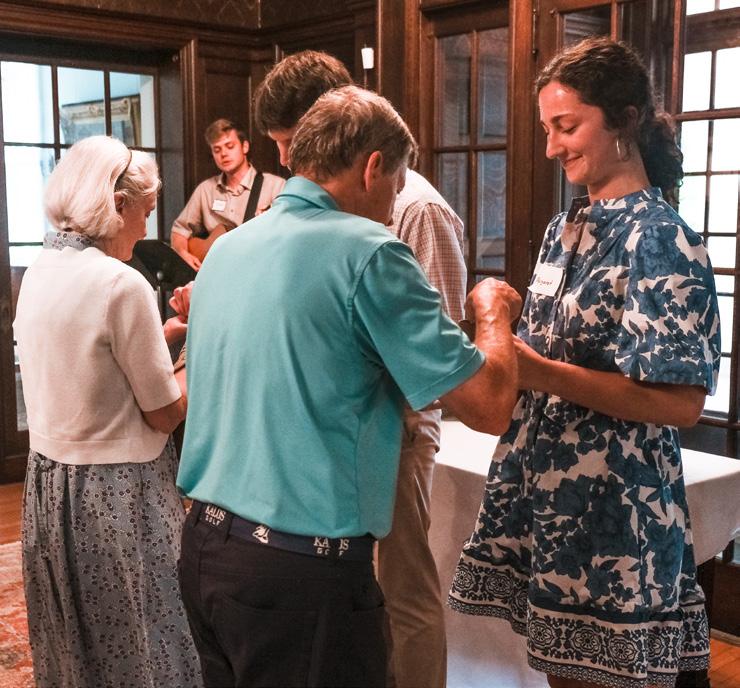
First and foremost, Anglican Christians belong to God’s one, holy, catholic, and apostolic church established by Jesus Christ. We hold much in common with other orthodox and evangelical Christian traditions.
Distinctively, Anglicans are the largest body of Protestant Christians in the world, representing 85 million worshippers in 164 countries. Our heritage has been shaped by the witness of the early church, the missionary work of Augustine of Canterbury in England in the 500s, the Reformation of the 1500s, and the East African Revival of the 1900s.
Anglican Pastor John Stott described us as “BBC” - Biblical Balanced Christiansfor our commitment to holding together things that have too often been divorced from one another in the Christian life:
• Biblical orthodoxy and concern for the poor and the vulnerable
• Historical rootedness and contemporary mission
• Local church ministry and a profound sense of identification with the global church
• The beauty of structured prayer and the importance of heartfelt sincerity in worship
Anglicans are simultaneously evangelical (meaning Gospel-centered), catholic (meaning “according to the whole”), and charismatic (meaning Spirit-filled).
• Anglican Christians are evangelical: We believe that the Bible is God’s inspired Word and that it reveals the good news of the Gospel: that “through Christ, God was reconciling the world to himself, not counting their sins against them” (2 Corinthians 5:19).
• Anglican Christians are catholic: Anglicanism seeks to be a faithful expression of mere Christianity - believing and practicing what the Church has always believed, at all times, and in all places.
• Anglican Christians are charismatic: We believe that the Holy Spirit is active today: indwelling believers, uniting us to Christ, sanctifying us and bringing about good fruit in our lives, bestowing gifts, and empowering us for mission.
In addition to John Stott, other well-known Anglican Christians throughout history include Thomas Cranmer, John Newton, William Wilberforce, George Whitfield, John and Charles Wesley, Charles Simeon, Jane Austen, C.S. Lewis, Dorothy Sayers, TS Eliot; JI Packer, NT Wright, Alister McGrath, and Ben Kwashi, just to name a few.
The evangelist Billy Graham saw “spiritual beauty in Anglican order,” and told his final biographer that if he were starting all over again, “I would be an evangelical Anglican.”


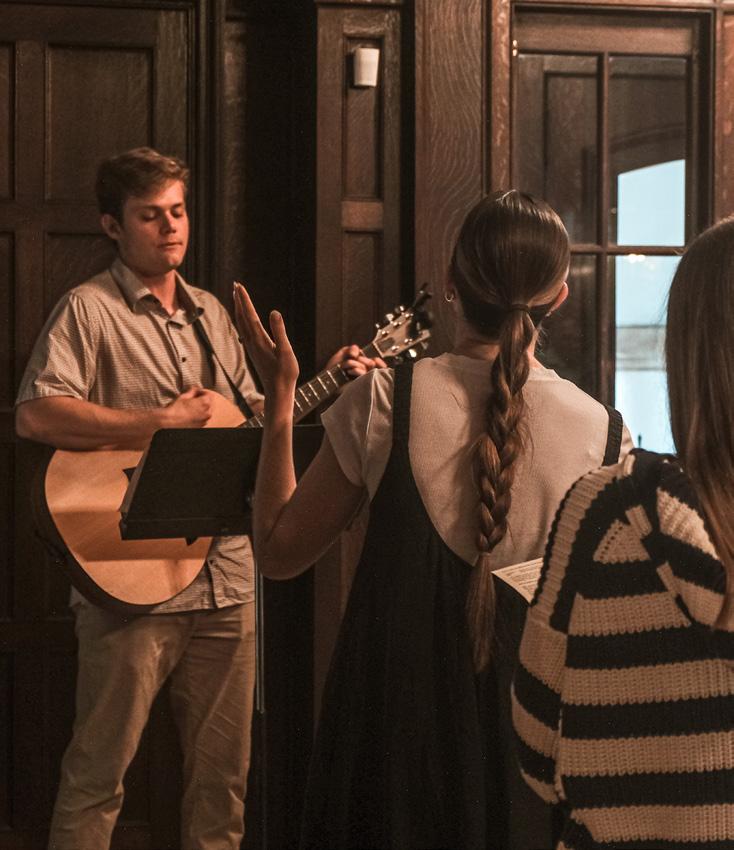

Psalm 127:1 says, “Unless the Lord builds the house, its builders labor in vain.” The truth of these words has taken on new meaning for us!
As we seek to follow the Lord, we need fellow builders to join alongside us. Here are four specific ways that you can partner with us:
1. Commit to Pray: We yearn for a wide circle of family and friends who are committed to praying for Cornerstone on a daily basis. To subscribe to our newsletter with prayer requests and planting updates, visit: cornerstonedch.org/subscribe-to-email-list
2. Visit Yourself: Whether you’re a local discerning your church community, or an out-of-town occasional visitor, we would love for you to see Cornerstone’s mission in action and to worship with us on an upcoming Sunday!
3. Refer Others: Durham and Chapel Hill welcome new families, young professionals, students, and retirees every year. If you have friends who are moving to the area or who are looking for a church community, we would love to meet and to welcome them.
4. Support Financially: In this initial season, Cornerstone is reliant on both internal tithing and external generosity. During our initial three years of growing towards financial self-sufficiency, we need to raise a projected $150,000 over and above our internal tithing. This funding will help cover some recurring ministry expenses during this early critical growth season, as well as a number of unique start-up expenses (e.g. A/V equipment, worship equipment, children’s ministry supplies, lighting improvements to our worship space, missional outreach events, etc.)
Year 1 (2024): Planting Seeds
Year 2 (2025): Sprouting and Growth
First full-year of public worship $50,000 $275,000
Year 3 (2026): Watering and Tending Deepening Discipleship and Mission $40,000 $325,000
Year 4 (2027): Healthy, Financially Self-Sufficient Plant
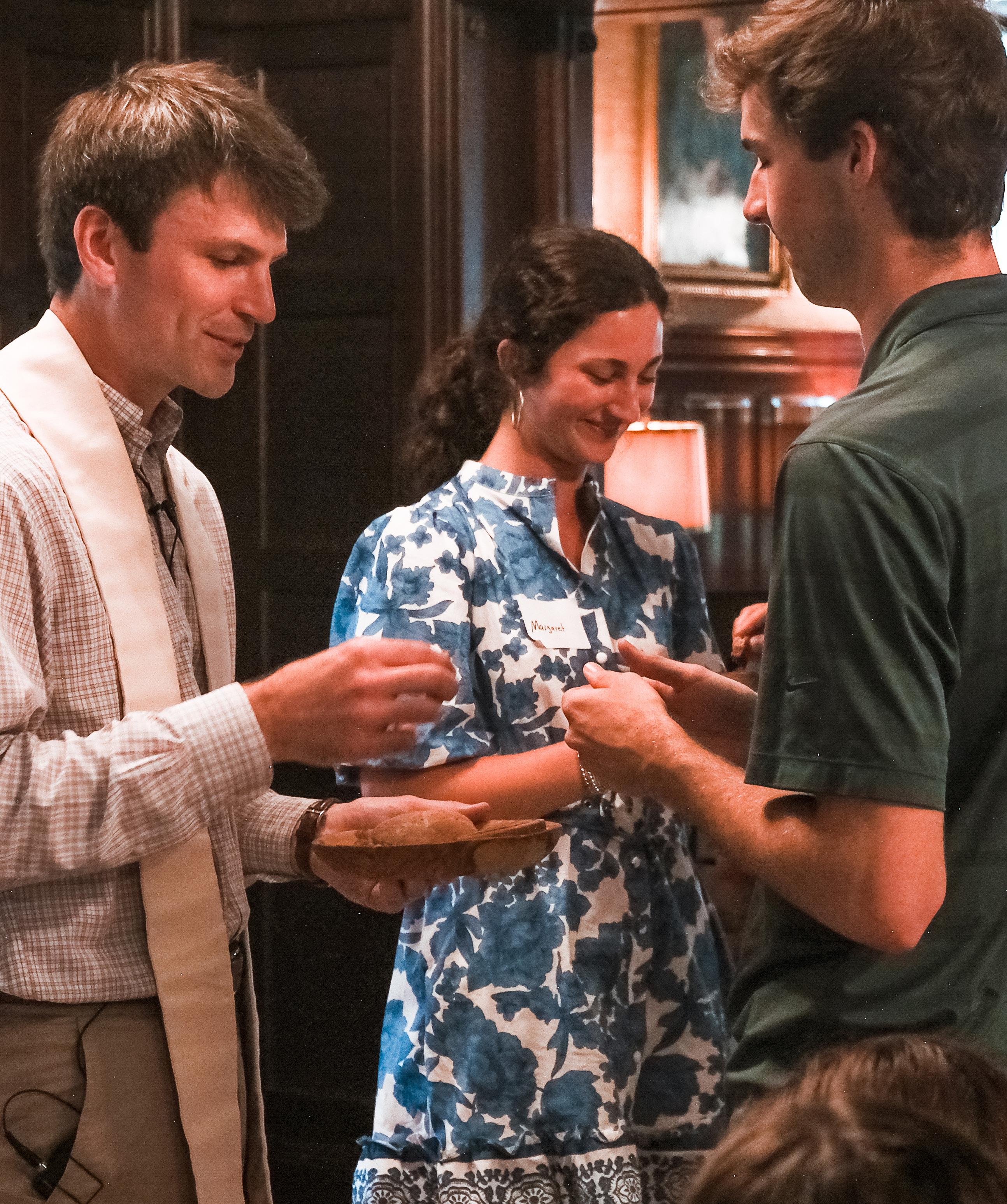

So then you are no longer foreigners and strangers, but fellow citizens with God’s people and also members of his household, built on the foundation of the apostles and prophets, with Christ Jesus himself as the cornerstone. In him the whole building is joined together and rises to become a holy temple in the Lord. And in him you too are being built together to become a dwelling in which God lives by his Spirit.
-Ephesians 2:19-22

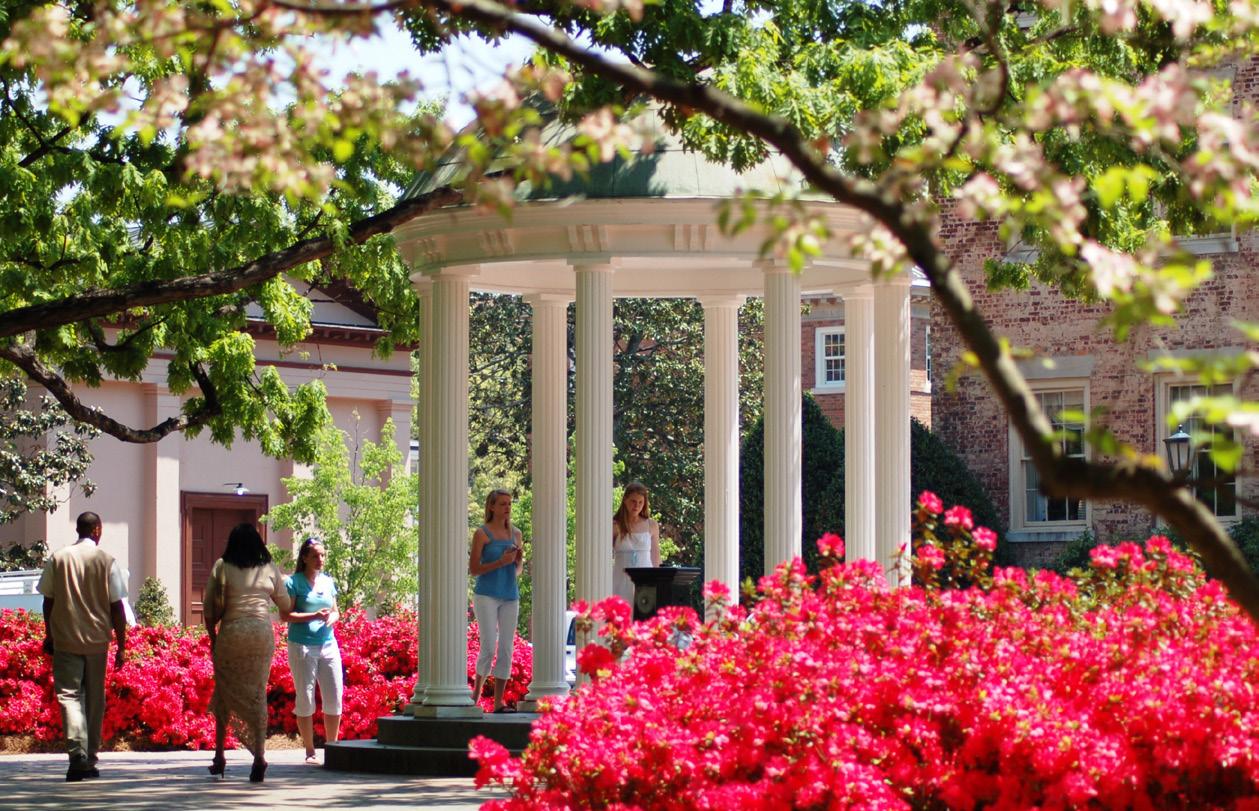
Cornerstone is a church plant of the Diocese of the Carolinas within the Anglican Church in North America, under the leadership of Archbishop Steve Wood and area Bishop Terrell Glenn.